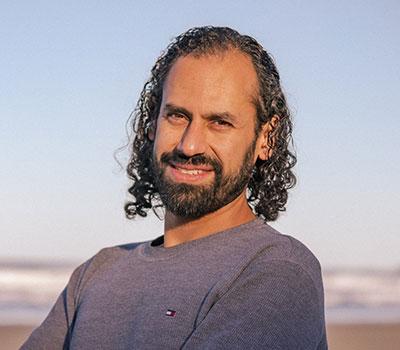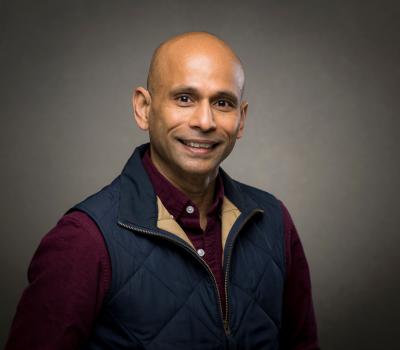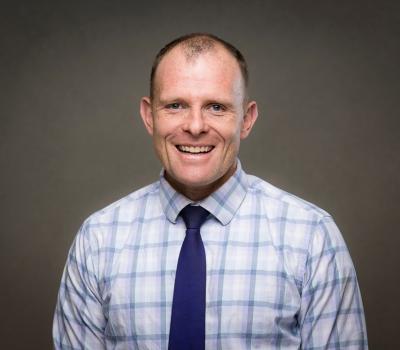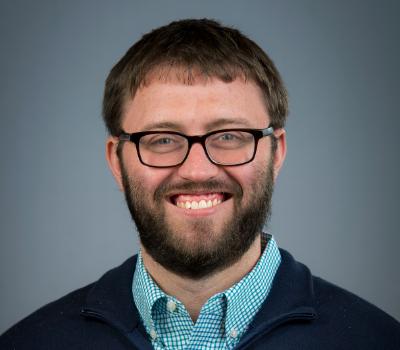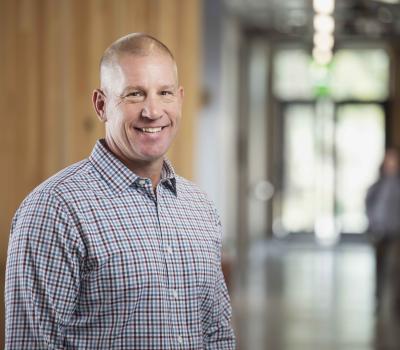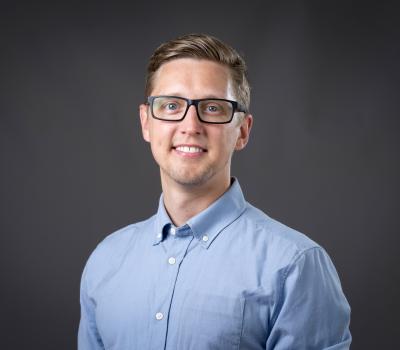Thermal-Fluid Science
Our thermal-fluid science faculty seek to understand and engineer the transport of matter and energy from the molecular to megawatt scale. Our work drives the creation of technologies that impact nearly every facet of modern life including providing clean electricity and water, enabling sustainable transportation, and improving the safety and efficiency of advanced electronics, energy storage, and manufacturing systems.
Transport Phenomena
We use a combination of experimental and simulation tools to understand the physics that govern the transport of mass, momentum and energy in different mediums and at multiple scales. Examples include understanding the flow through porous media, transport of particulates, boiling, condensation and supercritical heat transfer, reacting flows, and many more. These insights help improve applications ranging from computer chip cooling to the more efficient generation and storage of electricity from wind, water, solar, nuclear and conventional sources.
Faculty involved: Bahman Abbasi, Sourabh Apte, David Blunck, Brian Fronk, Joshua Gess, Jim Liburdy, Kyle Niemeyer, Deborah Pence, Kendra Sharp
Advanced Computational Methods
Our faculty both develop and use new computational methods to study flows with complex phenomena such as chemical reactions, particle transport, and detonations. Research projects include developing numerical methods for large eddy simulation and direct numerical simulation of turbulent flows, and designing strategies for performing parallel simulations of combustion and reacting flows on high-performance computing clusters.
Faculty involved: Sourabh Apte, Kyle Niemeyer
Combustion and Fire
Members of the TFS faculty use experiments and computational simulations to study combustion and fire phenomena relevant to applications in energy, transportation, aerospace, and the environment. Examples of research projects include understanding the combustion behavior of alternate fuels, studying what controls ignition and smoldering in wildfires, and improving models for fuel chemistry and combustion.
Faculty involved: Sourabh Apte, David Blunck, Chris Hagen, Kyle Niemeyer, Nordica MacCarty
Applied Energy Systems
Our TFS faculty work on translating the fundamental insights and computational methods discussed above into components and systems that can be deployed into the market. This work is inherently interdisciplinary, and requires collaboration with experts in manufacturing, materials, economics, policy, and many others. Examples of our impact include the deployment of more efficient cook stoves in developing regions, development of new heat and mass exchanger technology that improves how buildings are cooled, chemical products are made and water is purified, and investigations on thermal and chemical grid-level energy storage critical for increasing the adoption of renewable energy sources.
Faculty involved: Bahman Abbasi, Brian Fronk, Chris Hagen, Jim Liburdy, Nordica MacCarty, Kendra Sharp
Research Areas
- Marine and wind renewable energy
- Waste heat recovery
- Combustion energy conversion and novel transportation fuels
- High heat flux thermal management in microscale systems
- Spray cooling using nanofluids and nanostructures
- Two-phase flow for thermal control
- Multilayer thin film structures for high energy density micro-capacitors
- Refractory metal-based alloys for efficient power generation
- Microreactor-assisted nanomaterial deposition for photovoltaic thin films
- Process design for recycling hospital waste streams
- Sustainability dimensions of human work
- Environmentally sustainable nanomaterials and nanomanufacturing
- Microchannel-based solar biofuel processing
- Sustainable fiber composites technology
Faculty
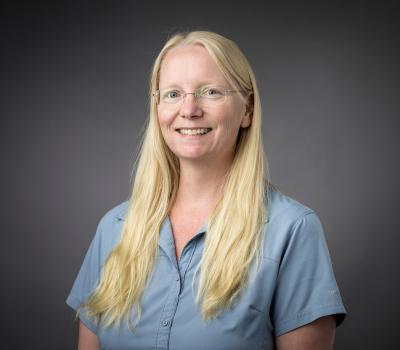
Nordica MacCarty
Associate Professor Richard and Gretchen Evans Professor in Humanitarian Engineering
nordica.maccarty@oregonstate.edu
Research Groups
Thermal-Fluid Science | Humanitarian Engineering
